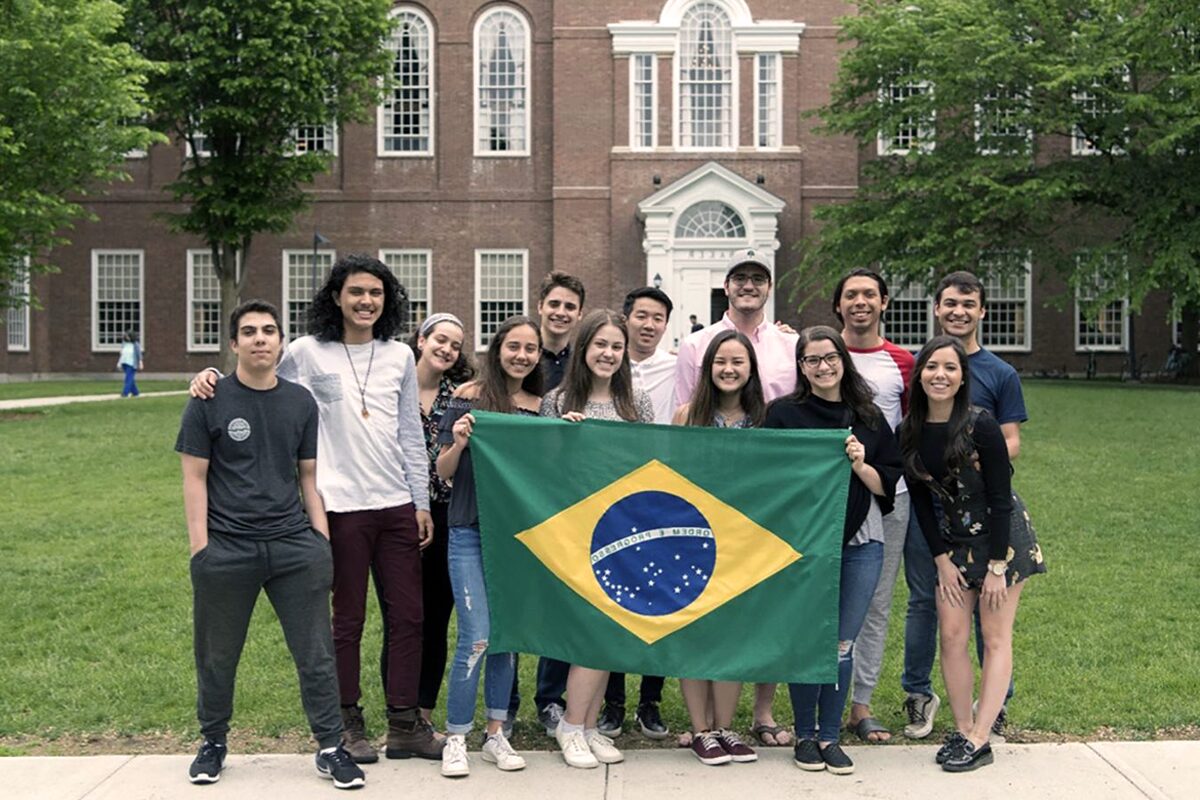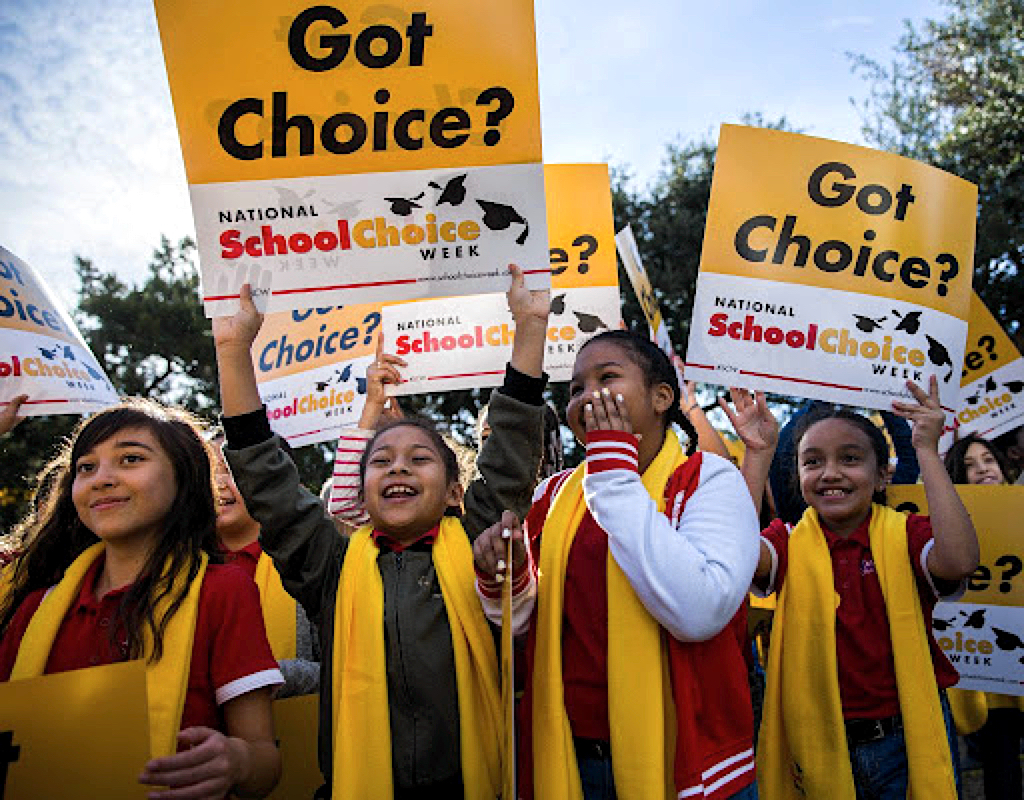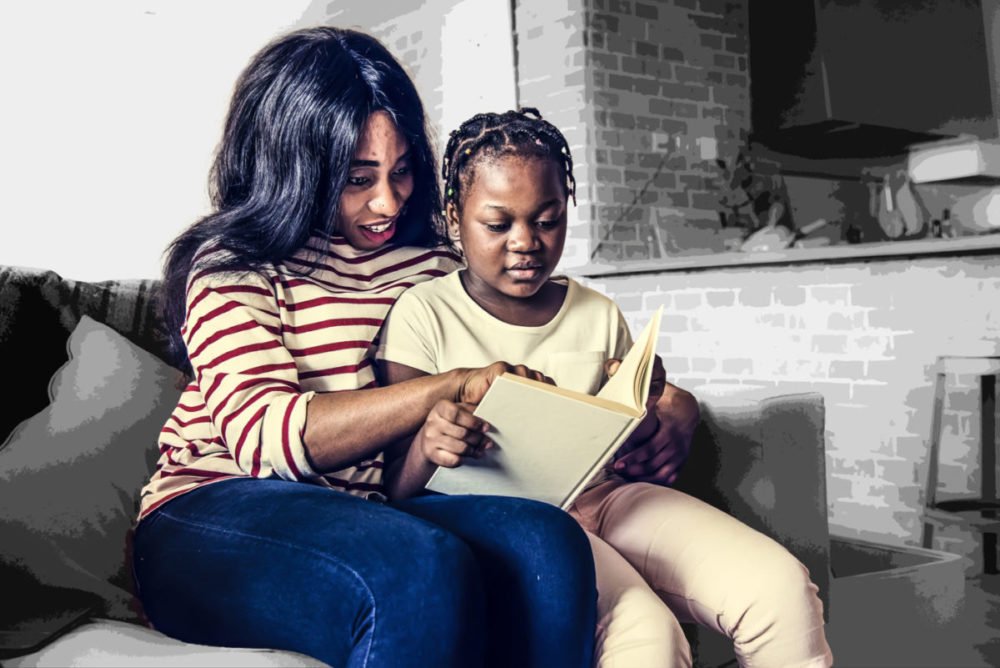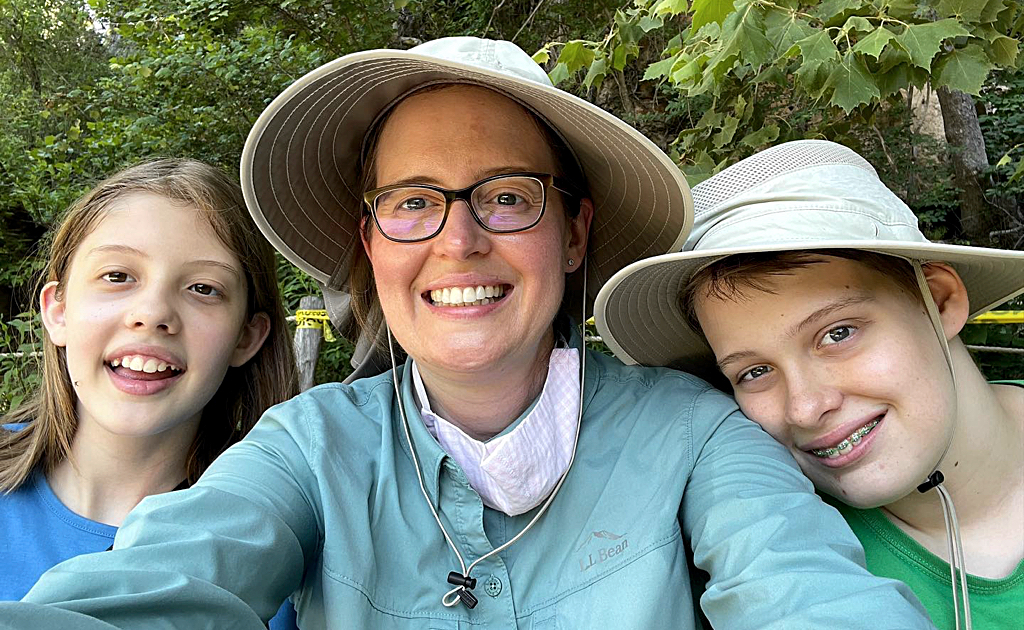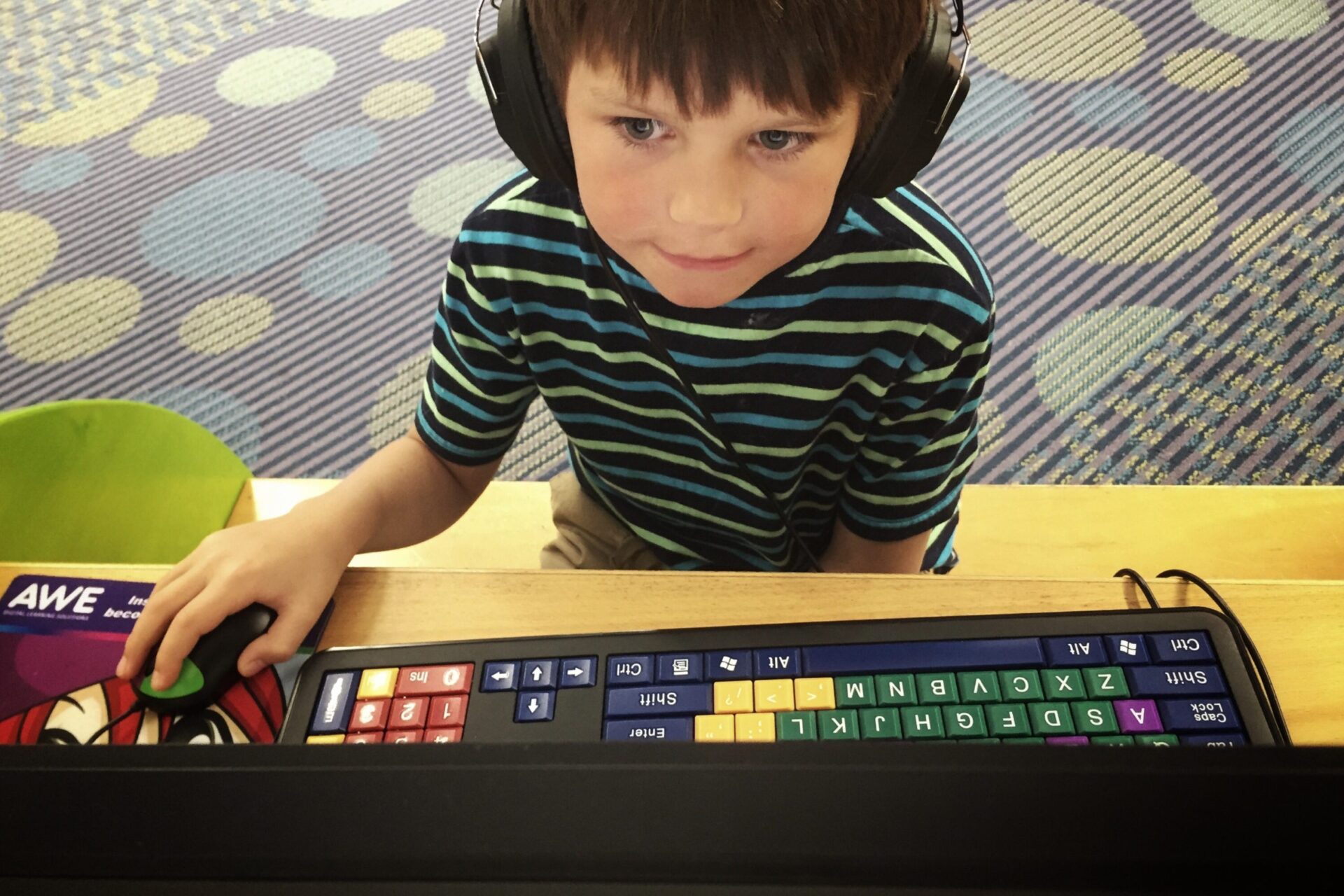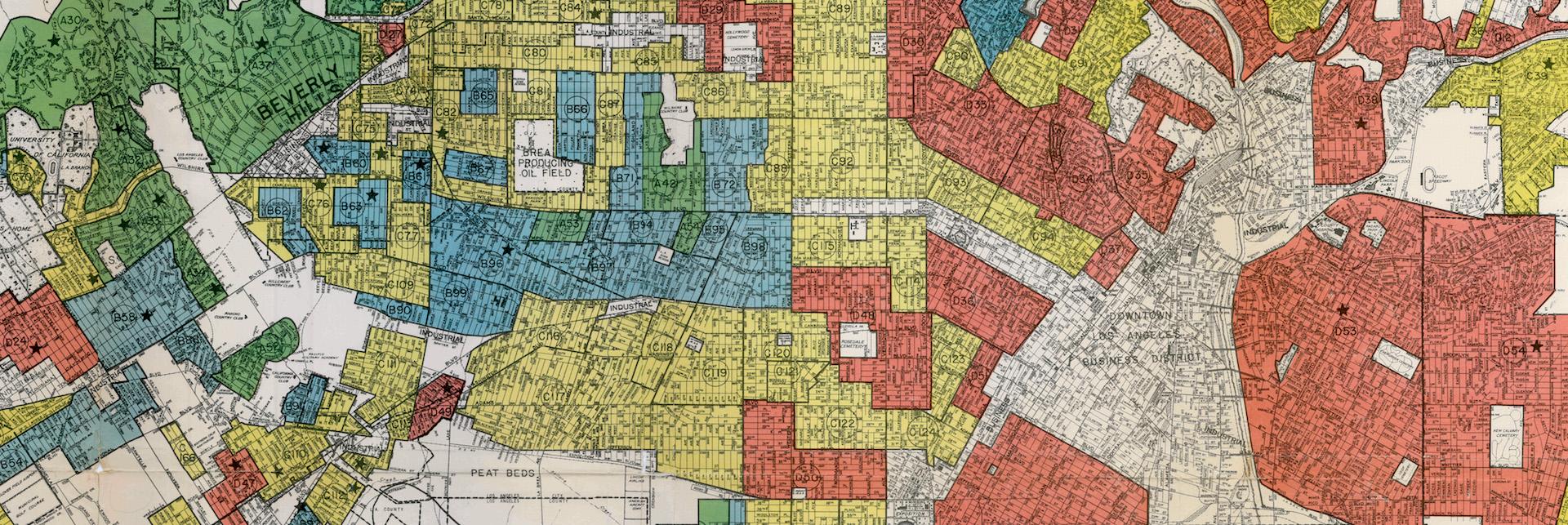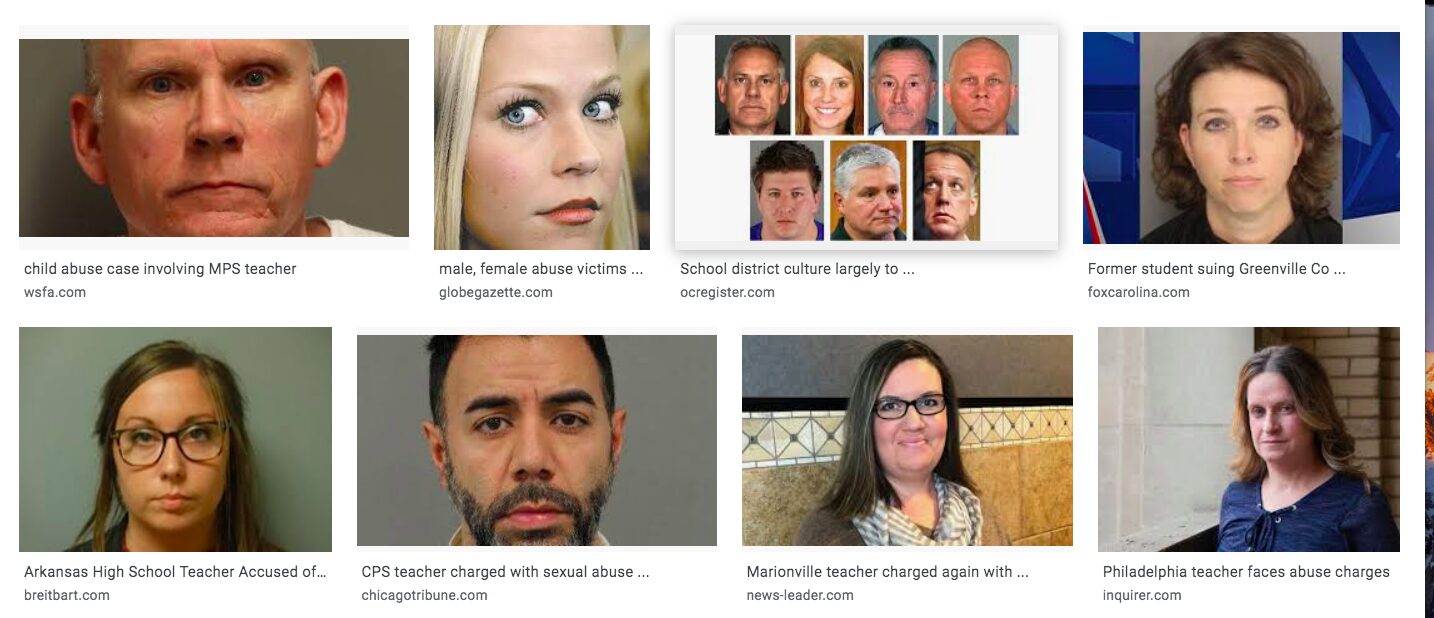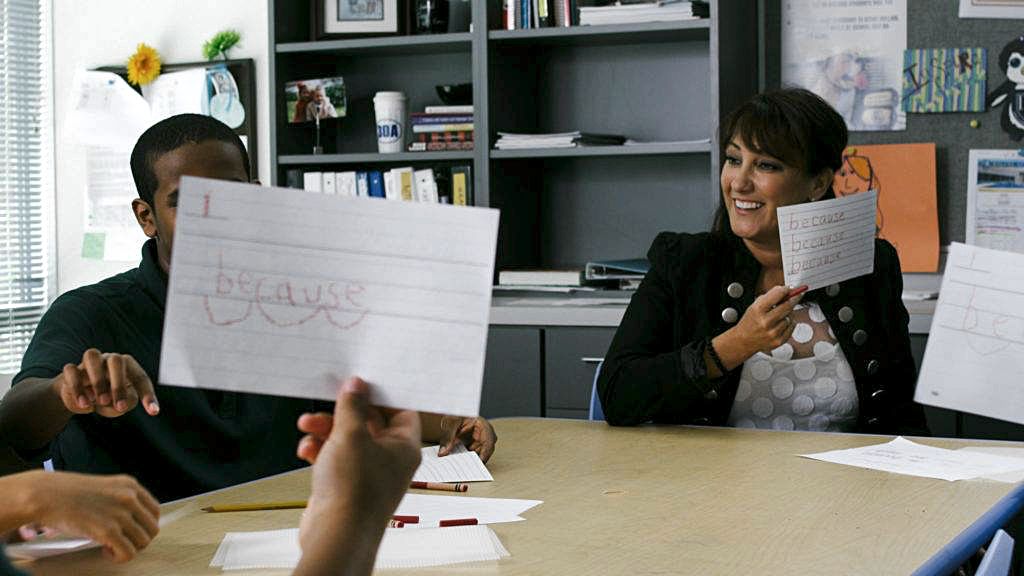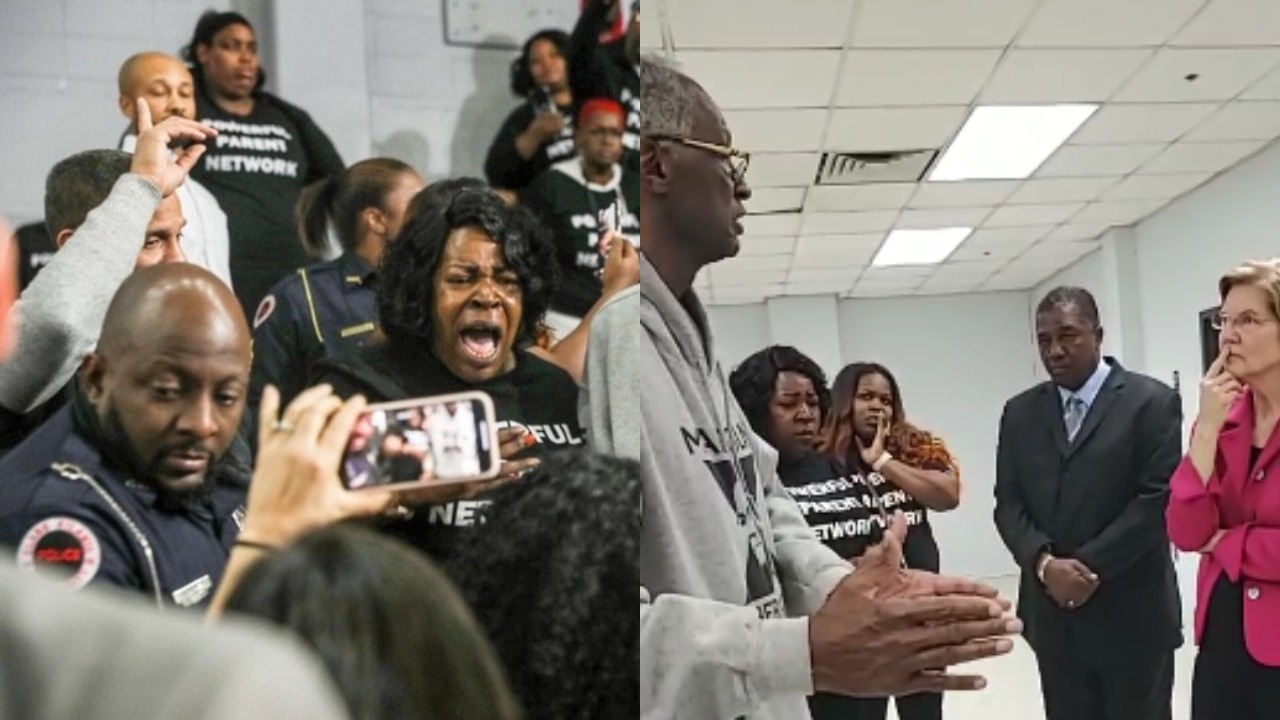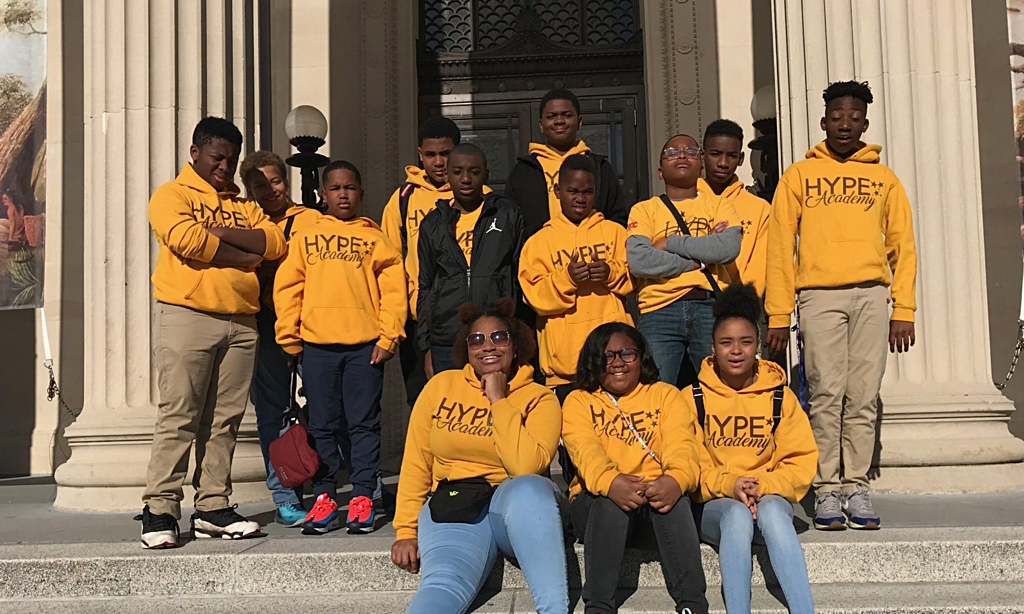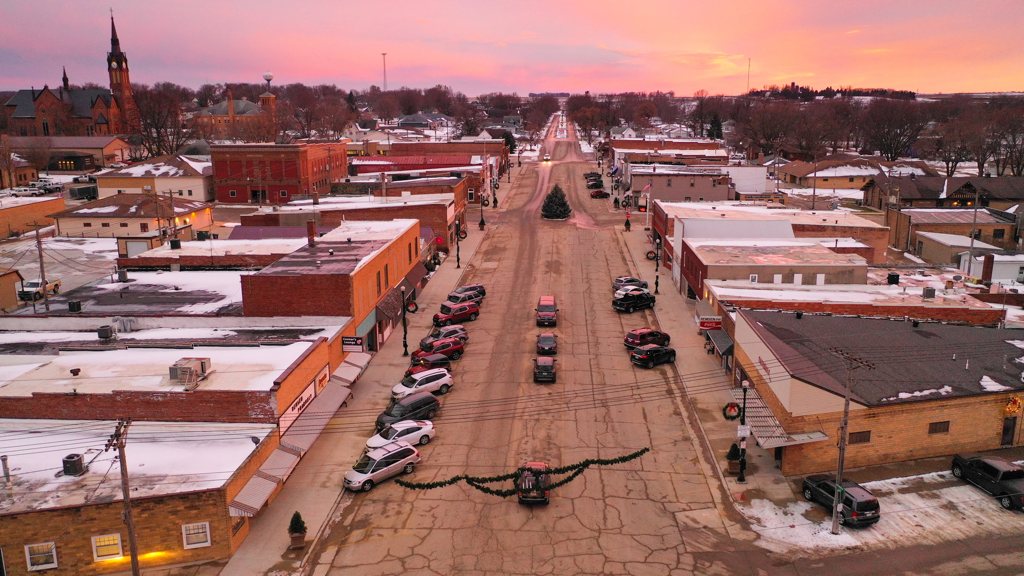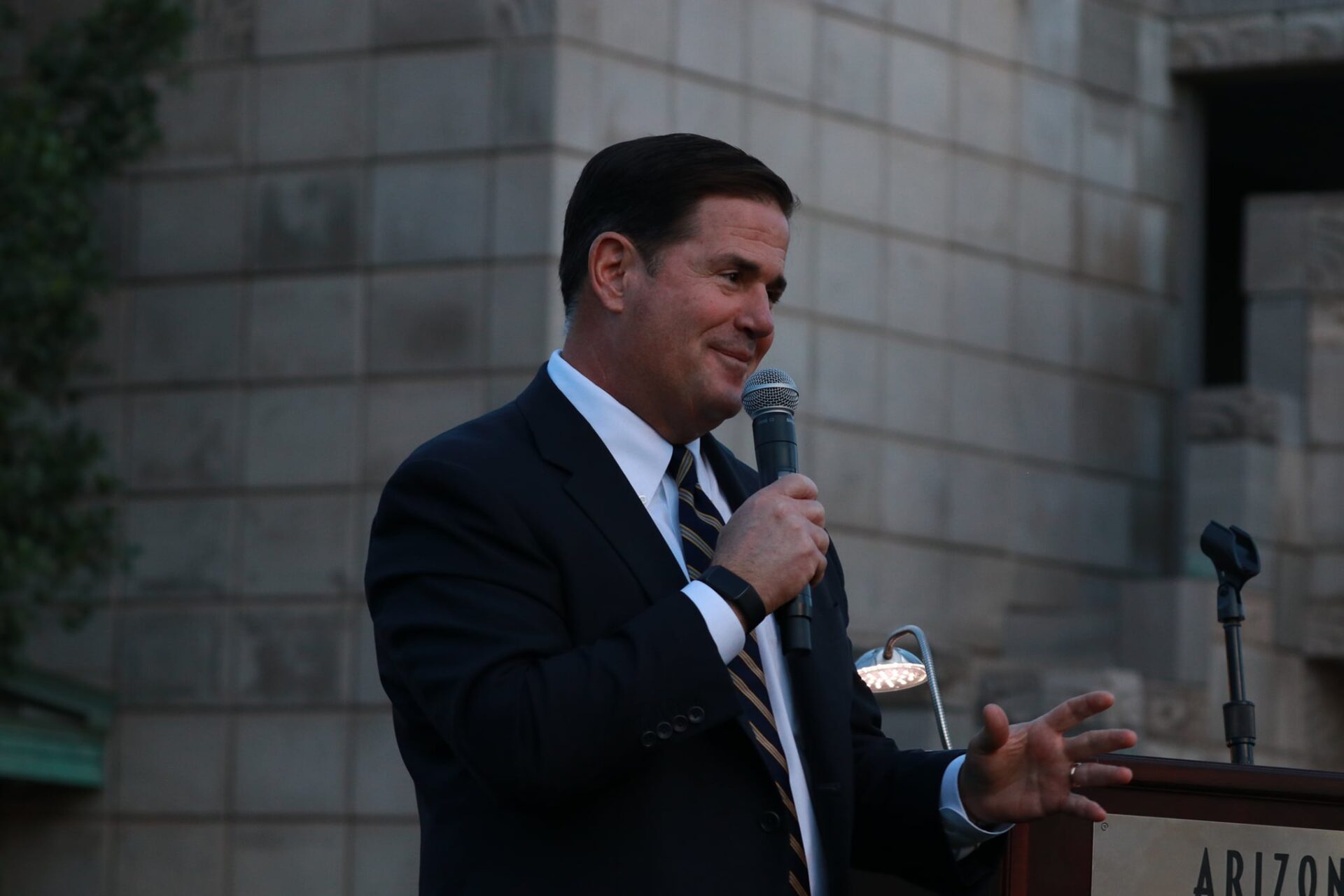
We Started Hybrid Homeschooling Because of a Pandemic. Now Could It Heal Our Fractured Communities?
While researching my new book, “Hybrid Homeschooling: A Guide to the Future of Education,” I spoke with a group of families who send their children to a hybrid homeschool in the Midwest. When I asked what drew them to their school, one dad’s answer stopped me in my tracks.
When this dad got home from an open house that the school had hosted, he said to his wife, “Those guys are better dads than I am. They’re going to be good people to spend time with.”
As a researcher, I spend the vast majority of my time thinking about how schools affect children. I spend less time thinking about how schools affect parents. That dad helped me recalibrate.
In our fractured and atomized nation, we need more tight-knit communities where people can invest their time and energy.
In our fractured and atomized nation, we need more tight-knit communities where people can invest their time and energy. In his outstanding book, “A Time to Build,” Yuval Levin highlights the decline of the major institutions of American life and the serious negative consequences the decline has for our polity. He argues that we must recommit to the institutions in our communities, and in doing so, allow them to form us and shape us into better people. The hybrid homeschools in my book show us one way to start.
Great Hybrid Homeschools Demand Great Adult Communities
In my research on hybrid homeschooling, I found fascinating, strong communities of adults united in their mission to take a much stronger role in their children’s education. Frequently, they talked about their community as a group of adults who were “doing life together.” They were being purposeful in how they were raising their children. They appreciated being a part of a community of families who shared their values and would walk alongside them as they learned and grew as parents.
For a great hybrid homeschool to work, adults have to be humble. When parents play a larger role in their child’s education and take on some of the burden of providing instruction, they have to be honest with themselves about what they don’t know and what they can’t do. If they don’t understand a concept that their child is learning, they have to be humble enough to ask for help. That asks parents to be vulnerable with each other and with teachers.
For a great hybrid homeschool to work, adults have to be selfless. Just as parents are being vulnerable in asking for help, other parents and teachers need to be willing to meet that vulnerability with help. It takes a special type of person to be a teacher in a hybrid homeschool. They have to be willing to work not only with students who are struggling to learn something, but with parents who might be struggling to teach it. They can’t say that it is someone else’s job or that they are off the clock. It takes a level of selflessness and devotion to the school that they work for and the mission that it is trying to accomplish to be able to do that.
For a great hybrid homeschool to work, adults have to trust each other.
For a great hybrid homeschool to work, adults have to trust each other. If children attend formal classes on Mondays, Wednesdays, and Fridays and learn from home on Tuesdays and Thursdays, parents and teachers have to be on the same page. If parents undo on Tuesday everything that was done on Monday, everyone will simply spin their wheels. Working together takes trust. It takes trust for parents to be vulnerable and admit what they don’t know. It takes trust for teachers to be selfless and give what they can without fears that they are being taken advantage of.
These Days, We Could All Use More Community
These lessons about humility, selflessness, and trust speak to something far beyond hybrid homeschooling, or even schooling, itself. They point to a path forward for our society. They are the kinds of civic virtues that are in short supply right now. But perhaps more importantly, these are the kinds of virtues that can only be cultivated in community. By organizing a community around a common project, in this case, operating a hybrid homeschool, the adults allow themselves to be formed by it. We could all use a little more formation these days.
Perhaps we can all take a lesson from these schools and the interesting people who make them work and think about the institutions in our lives and in our communities and how we can better commit to them. By starting with small projects like these, we can start to mend our fractured communities and rebuild our divided society.
Photo by halfpoint, Envato Elements
